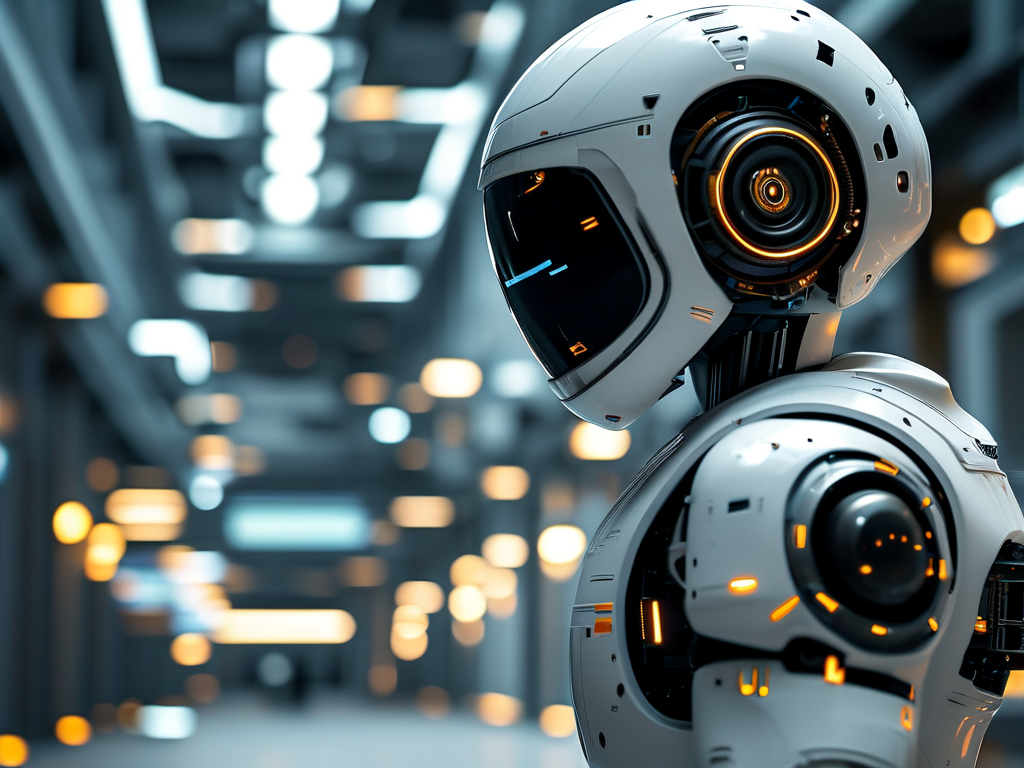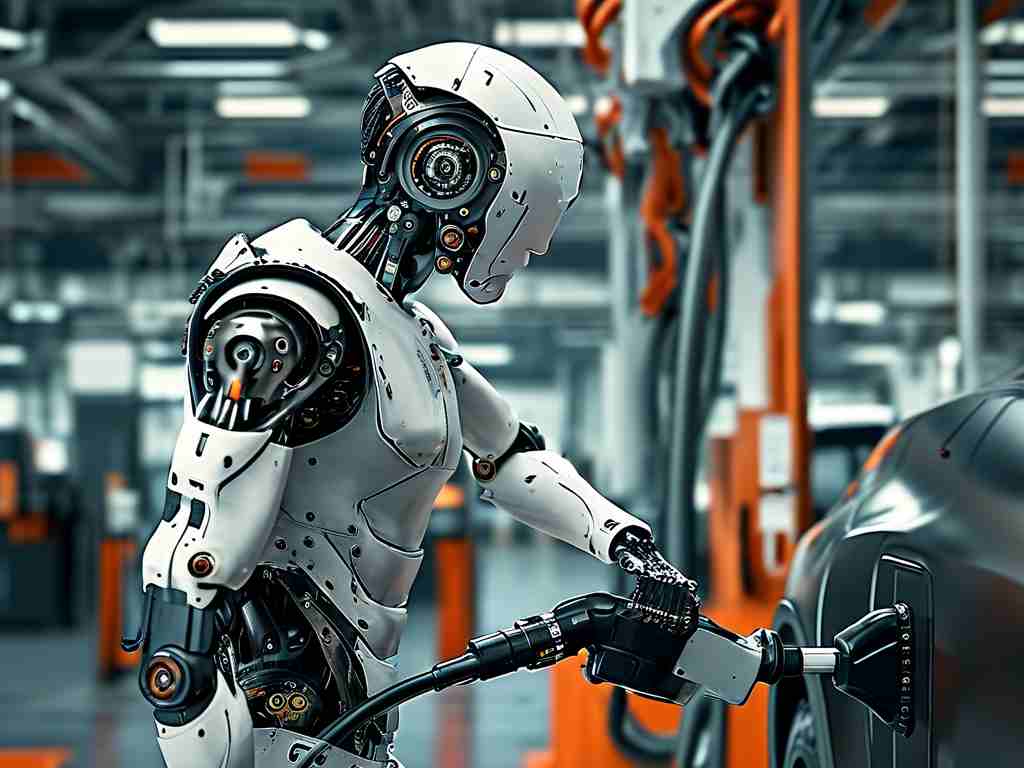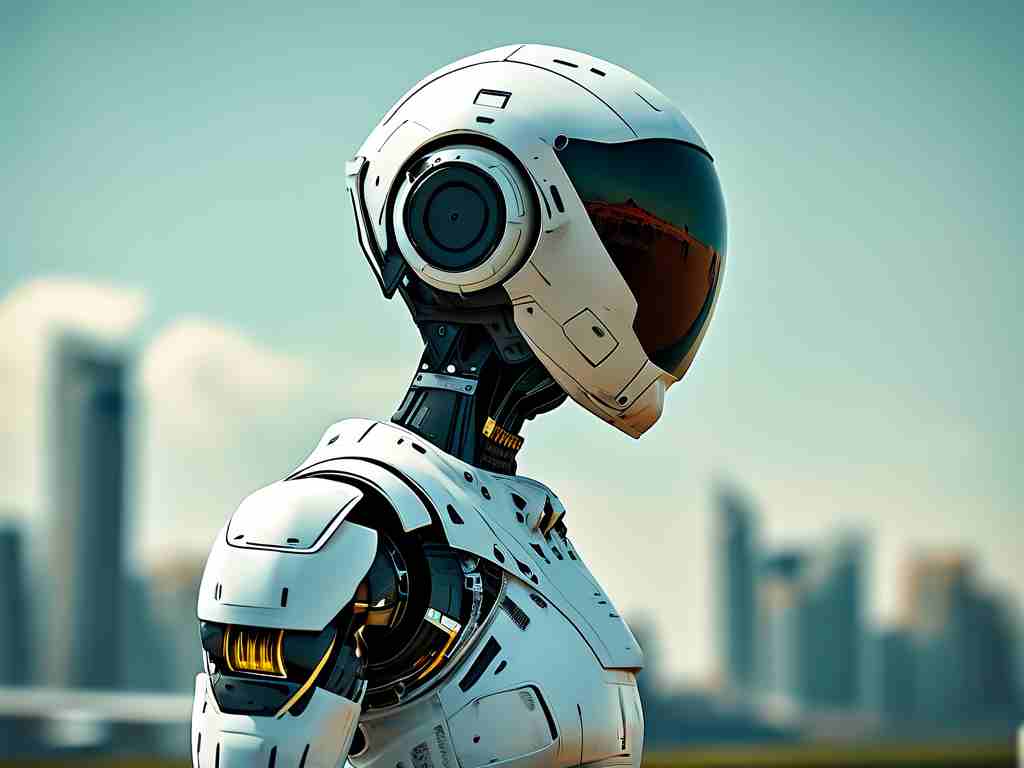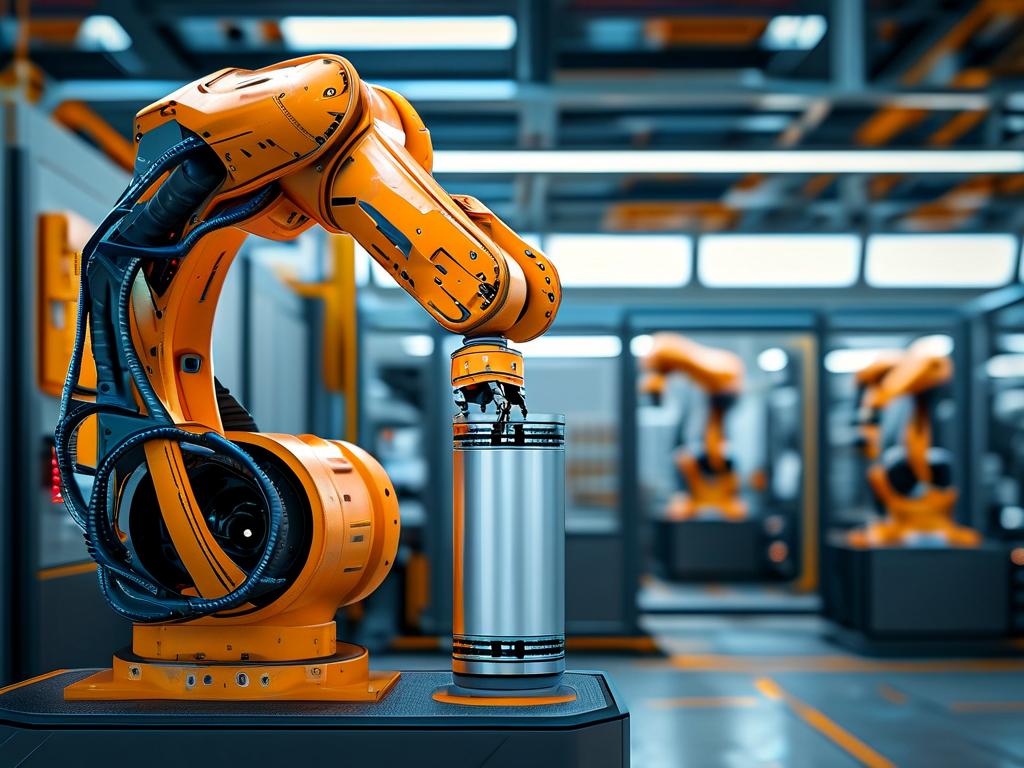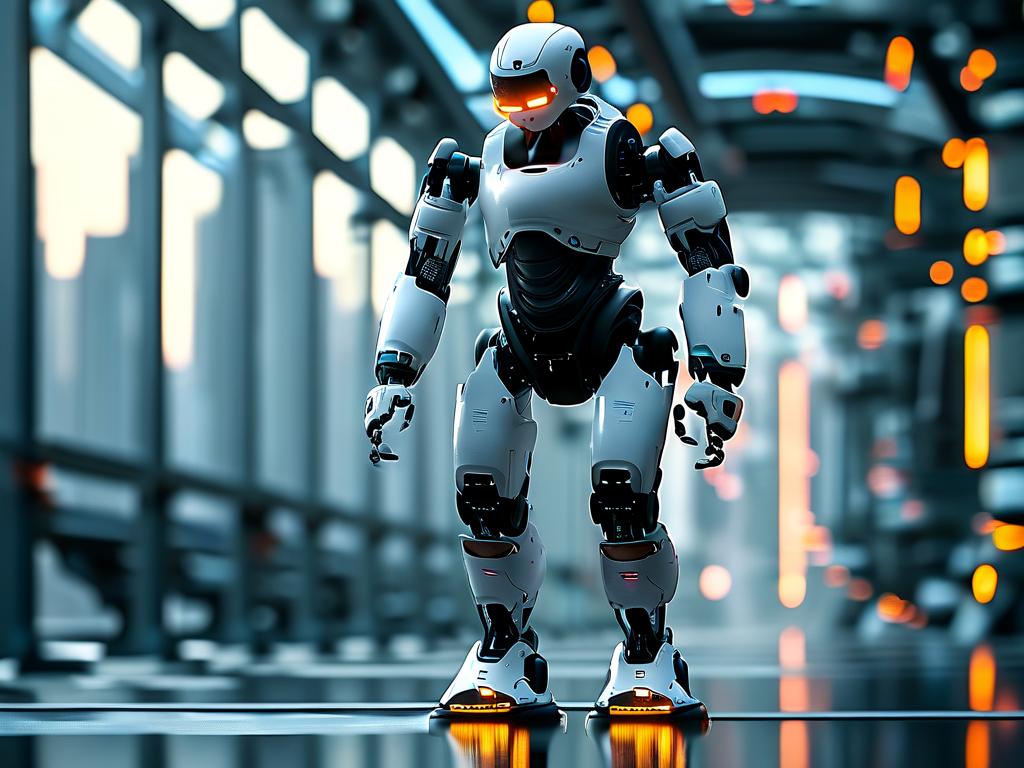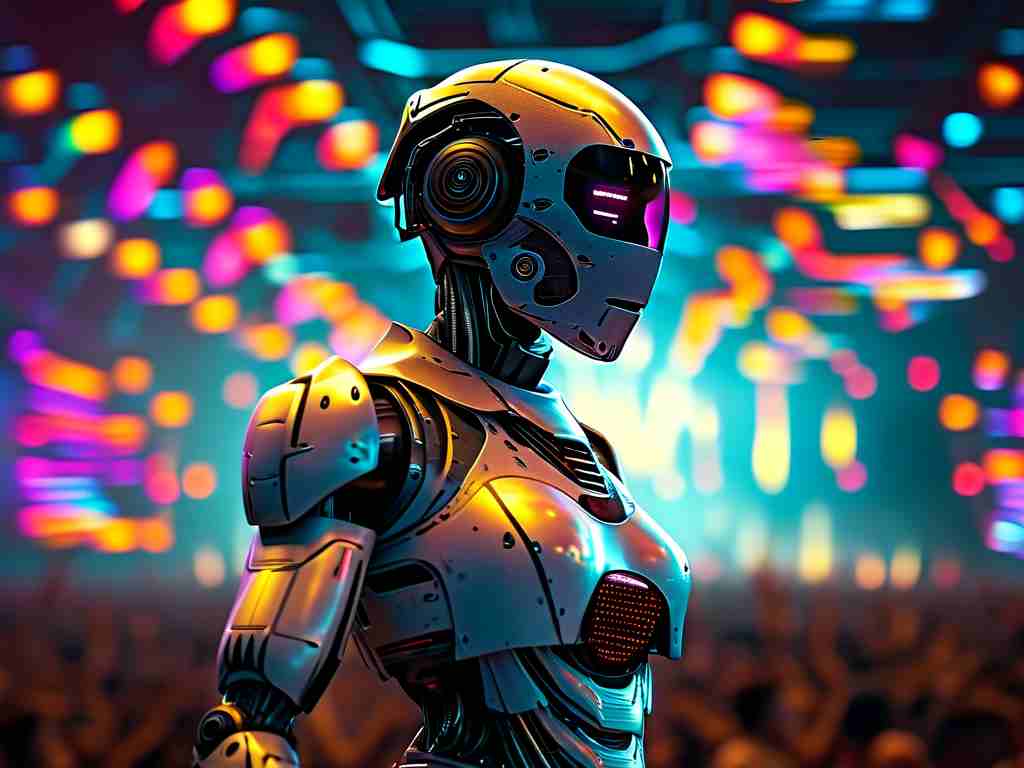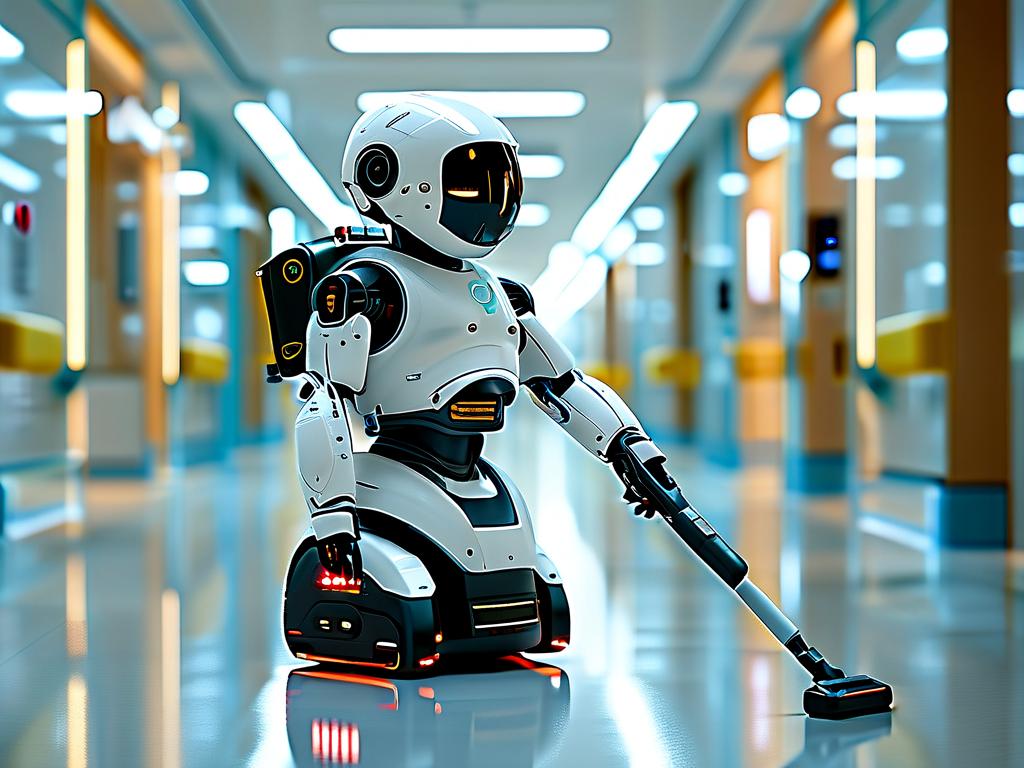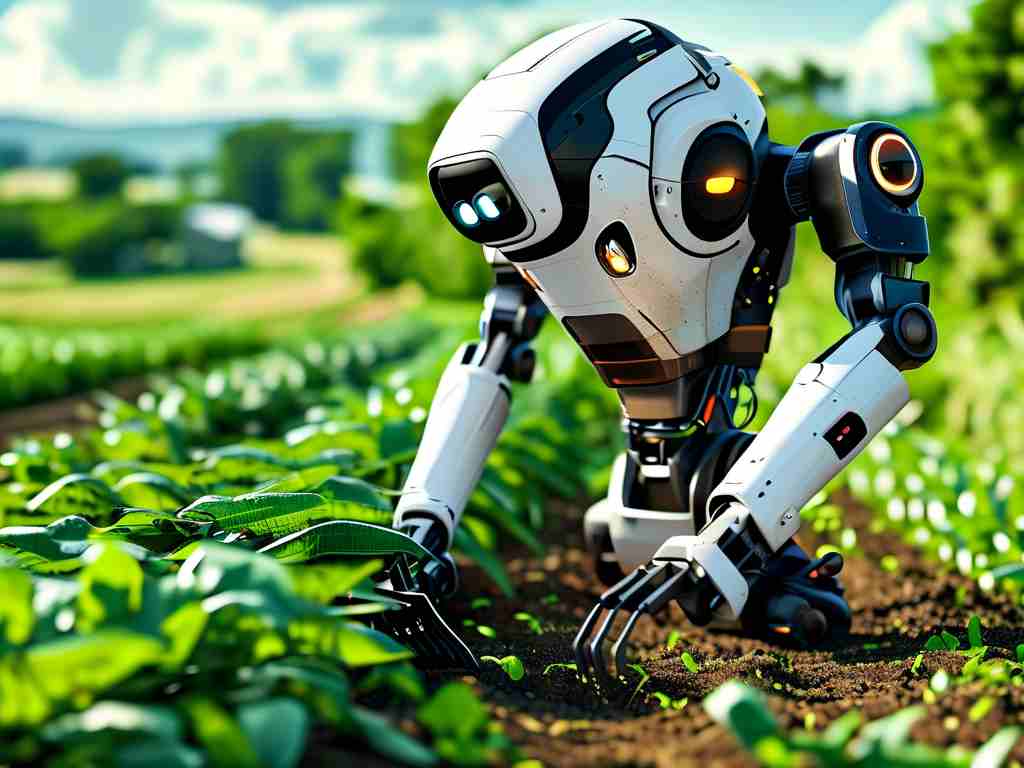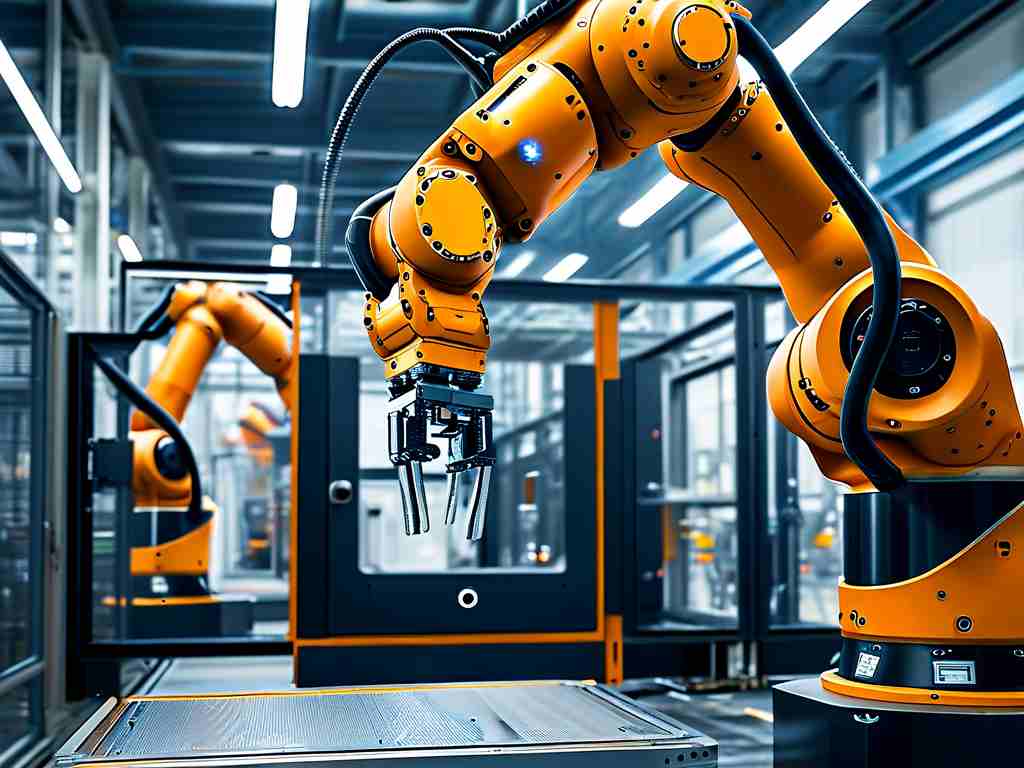The rapid evolution of robotics has reshaped industries, economies, and daily life, positioning itself as a cornerstone of modern technological progress. From manufacturing floors to healthcare systems, robots are no longer futuristic concepts but indispensable tools driving efficiency, innovation, and societal advancement. This article explores how robotics technology creates value across sectors while addressing ethical considerations and future implications.
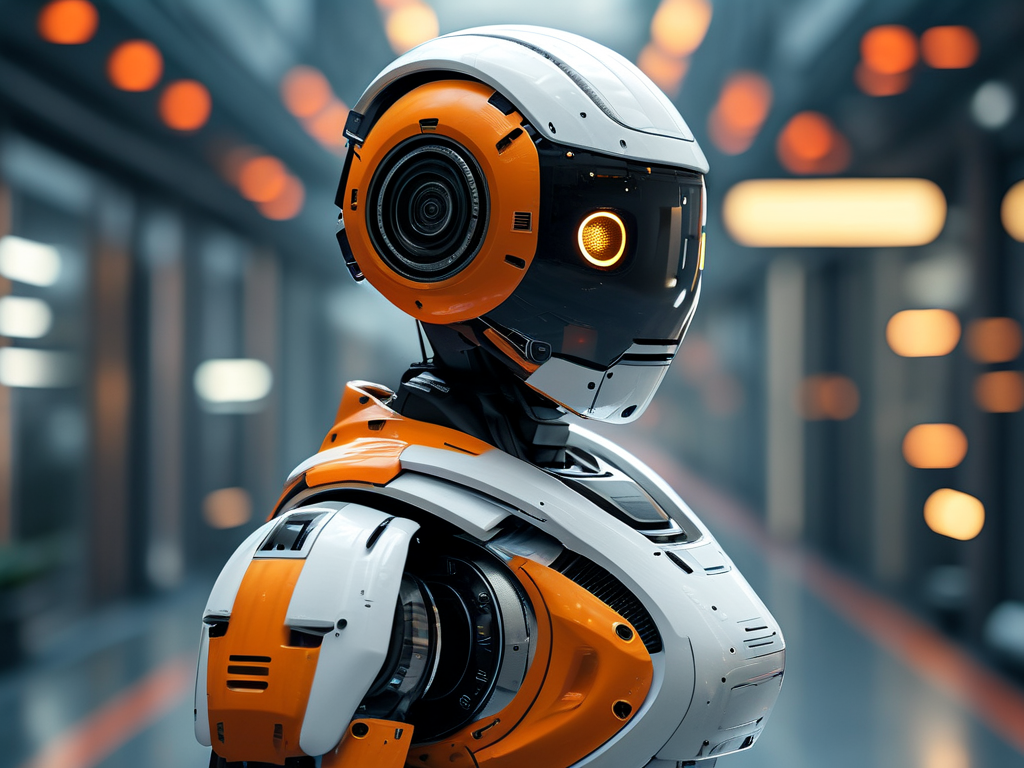
Economic Impact and Industrial Efficiency
One of the most visible contributions of robotics lies in its ability to enhance productivity. In manufacturing, automated systems perform repetitive tasks with precision, reducing human error and operational costs. For instance, automotive assembly lines now rely on robotic arms for welding and painting, cutting production time by up to 30% in some cases. Beyond traditional sectors, logistics companies deploy autonomous drones and warehouse robots to streamline supply chains, ensuring faster delivery times and minimizing resource waste.
The economic ripple effect extends to job markets. While concerns about automation displacing workers persist, robotics also generates new roles in programming, maintenance, and system design. A 2023 report by the International Federation of Robotics highlighted that every robot installed in manufacturing creates 3.6 new jobs in adjacent fields, underscoring the symbiotic relationship between human labor and machine capabilities.
Healthcare: Precision and Accessibility
In healthcare, robotics has emerged as a lifeline. Surgical robots like the da Vinci system enable minimally invasive procedures, reducing patient recovery times and improving outcomes. Telepresence robots allow specialists to consult with patients in remote areas, bridging gaps in medical access. During the COVID-19 pandemic, disinfection robots became critical in sterilizing hospitals, showcasing adaptability in crisis response.
Researchers are also leveraging robotics for rehabilitation. Exoskeletons assist individuals with mobility impairments, while AI-powered prosthetics learn user movement patterns for seamless integration. These innovations not only improve quality of life but also reduce long-term healthcare costs by preventing complications.
Ethical Dilemmas and Societal Adaptation
Despite its benefits, robotics raises ethical questions. The deployment of autonomous weapons and surveillance systems sparks debates about accountability and privacy. Additionally, the digital divide risks widening as communities lacking access to advanced technologies fall behind economically. Addressing these challenges requires collaborative policymaking. Initiatives like the EU’s Artificial Intelligence Act aim to establish ethical guidelines for robotics development, emphasizing transparency and human oversight.
Public perception also plays a role. A 2024 survey by TechEthos revealed that 58% of respondents view robotics as “largely beneficial,” yet 42% express concerns about job security. Education and reskilling programs are vital to prepare workforces for a tech-driven future. For example, Singapore’s SkillsFuture initiative offers subsidies for robotics-related courses, empowering citizens to thrive in evolving industries.
Environmental Sustainability
Robotics contributes to environmental goals by optimizing resource use. Agricultural robots monitor soil conditions and apply fertilizers selectively, minimizing chemical runoff. Ocean-cleaning drones collect plastic waste, while autonomous electric vehicles reduce carbon emissions. These applications align with global sustainability targets, proving that technology can coexist with ecological preservation.
The Road Ahead
The next frontier for robotics lies in human-robot collaboration. Cobots (collaborative robots) are designed to work alongside humans, combining machine efficiency with human creativity. Innovations like tactile sensors and emotion-recognition algorithms aim to make interactions more intuitive. Meanwhile, quantum computing could revolutionize robot processing power, enabling real-time problem-solving in complex environments.
In , robotics transcends mere technical achievement—it embodies the convergence of innovation, ethics, and human-centric design. By balancing technological prowess with societal needs, robotics will continue to redefine value in ways that empower individuals, industries, and the planet. As we navigate this transformative era, fostering inclusive dialogue and adaptive strategies will ensure that robotics remains a force for collective progress.
